Technology can’t save us from social isolation
Americans in quarantine are struggling with the lack of human interaction that comes with social distancing. But in our technology-centered world, maybe a change like this will offer us a valuable lesson.
Students gather in the Commons for a spirit event during assembly. Losing these moments of interaction during social distancing could serve as a reminder of their value once they return.
Walking around school every day, looking up and around at my classmates and peers in the halls, I don’t usually see many faces. Instead of looking straight ahead, many students are looking directly down, buried in the dim glow of their smartphone. Our generation has become too busy with a virtual world to be fully present in the real one.
I’m certainly guilty of this myself. I often check messages or social media in between classes, or walk down the halls with headphones on, oblivious to anyone else. Looking back, I realize that I cared way more about conversations with those I was separated from than the ones I could’ve been having with friends just feet away.
But with stay-at-home orders and school closings came a social landscape that turned completely sideways. I no longer have friends right in front of me on a daily basis. I no longer eat lunch surrounded by classmates or pass hundreds of people in the halls each day. My social interactions are now limited to the virtual world I had become so wrapped up in, a world that initially led me to believe quarantine wouldn’t be so bad.
I quickly realized, however, that I could not have been more wrong. Even while remaining in semi-daily contact with my friends over Snapchat and FaceTime, I felt isolated. I felt alone.
After reaching out to a few people, I found that this was not something that was only happening to me, or even just my close friends. Every friend that I asked shared the same feeling: still connected to friends, but overall isolated. Lonely. We simply weren’t getting the face-to-face interaction we need in our daily life, no matter how we’d taken it for granted when it was there.
“I’ve never been one to hang out with big groups of people, but I do miss seeing my friends every day,” said freshman Nolan Winterhalter. “It’s made me think about how lucky I am to see them, and I’ve realized how different my life is without that.”
Another student said that he missed the activities he’s used to doing with friends on a regular basis.
“Quarantine has affected my social life because I can’t go out with my friends on Friday nights, or even go play basketball on the weekends,” said junior Chaz Oyler. “We still talk, but it’s not the same as it was in person.”
Regular interaction with friends is essential to our mental health. In fact, a 75-year study of life development by Harvard University shows that it can have physical health benefits as well. It’s not just the relationships themselves that are important, but the actual face-to-face experiences. The greatest impact one’s social life can have on their health is from frequent, in-person bonding with friends, which is known to release oxytocin (a hormone related to feelings of happiness or love) to the brain.
While epidemiologists are hard at work searching for a cure to COVID-19, social scientists are busy tracking this phenomenon. Large amounts of Americans are reporting loneliness and even lack of identity, according to a National Geographic feature on loneliness during the quarantine.
So how can we stay connected with our friends during this time? There will definitely be social struggles, but I truly believe that we can push through it, and technology will definitely help. Call your friends, don’t just text here and there. Connect with people through genuine conversation, even if that has to take place in a virtual medium.
But I think the true lesson to be taken is not about what to do now. It’s how we should let these events change our outlook on normal life, whenever we return to it.
This year’s seniors will never set foot on campus as high school students again. They’ve lost their last two months of their high school experience, time that they will never get back. Would they have used that time differently had they known what was about to happen? Perhaps, but that’s not the point.
The point is that for those of us with on-campus time remaining at Saint Stephen’s, we have an opportunity to take better advantage of real-world interactions when we return. And even if you are finished with your Saint Stephen’s career, you’re about to embark upon a whole new journey as you go off to college. Either way, you can remember your experiences now, and live in the moment for whatever time you’re given.
This experience has taught us that the digital world we have all become so obsessed with fails to satisfy us when not paired with the much-needed physical interactions that truly sustain us.
So when school returns, don’t sit at lunch on your phone. Talk to your friends while you eat. Don’t squander your break in the bathroom or by going to class early just to play a game on your iPad. Connect with people instead of a device. Don’t just walk the halls lost in your phone, waiting for the day to end. Because we never know which day might be our last.

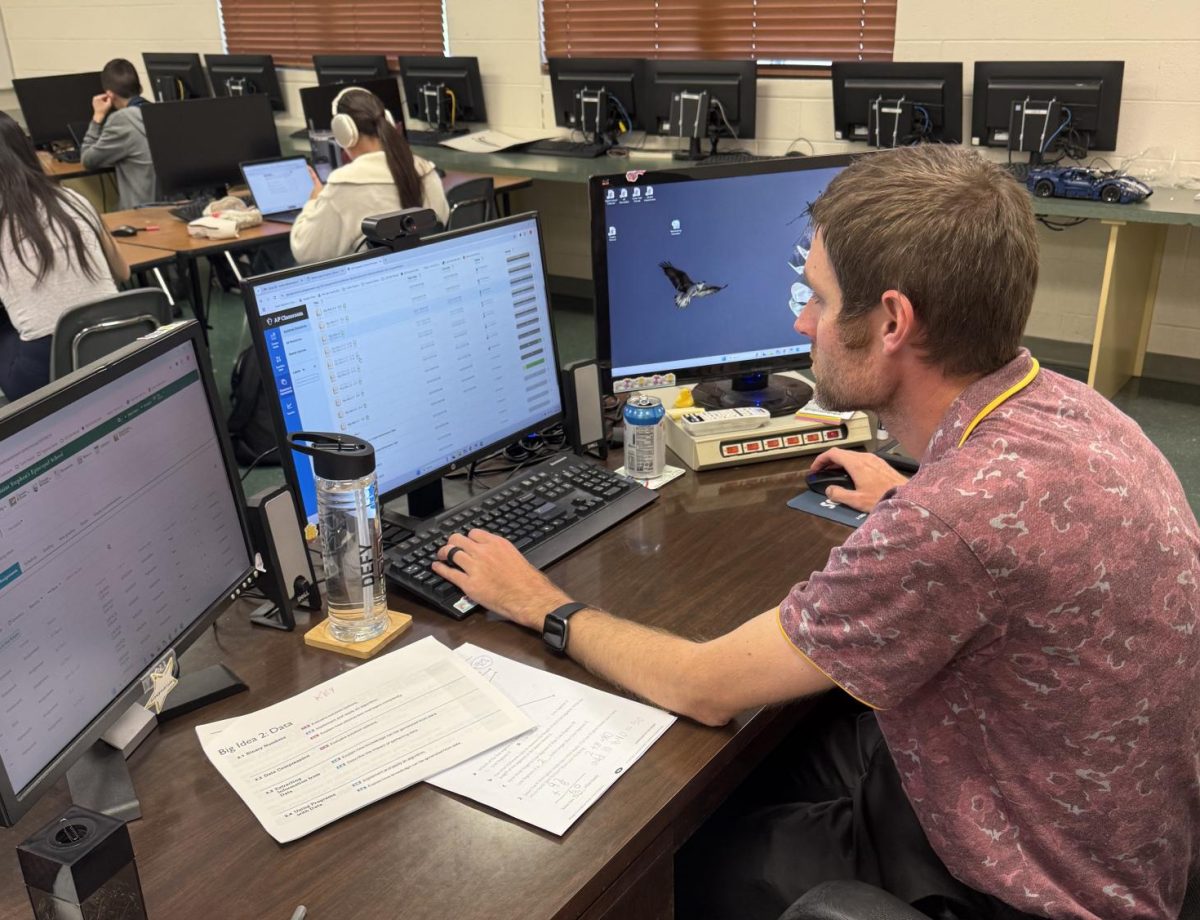



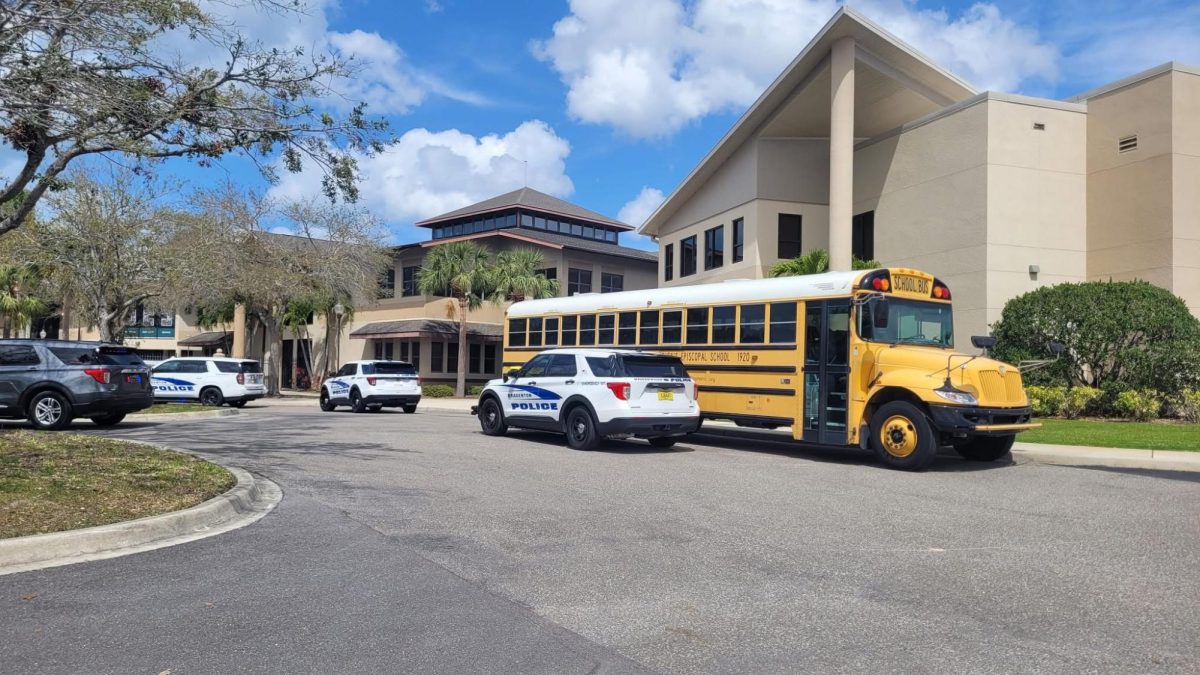







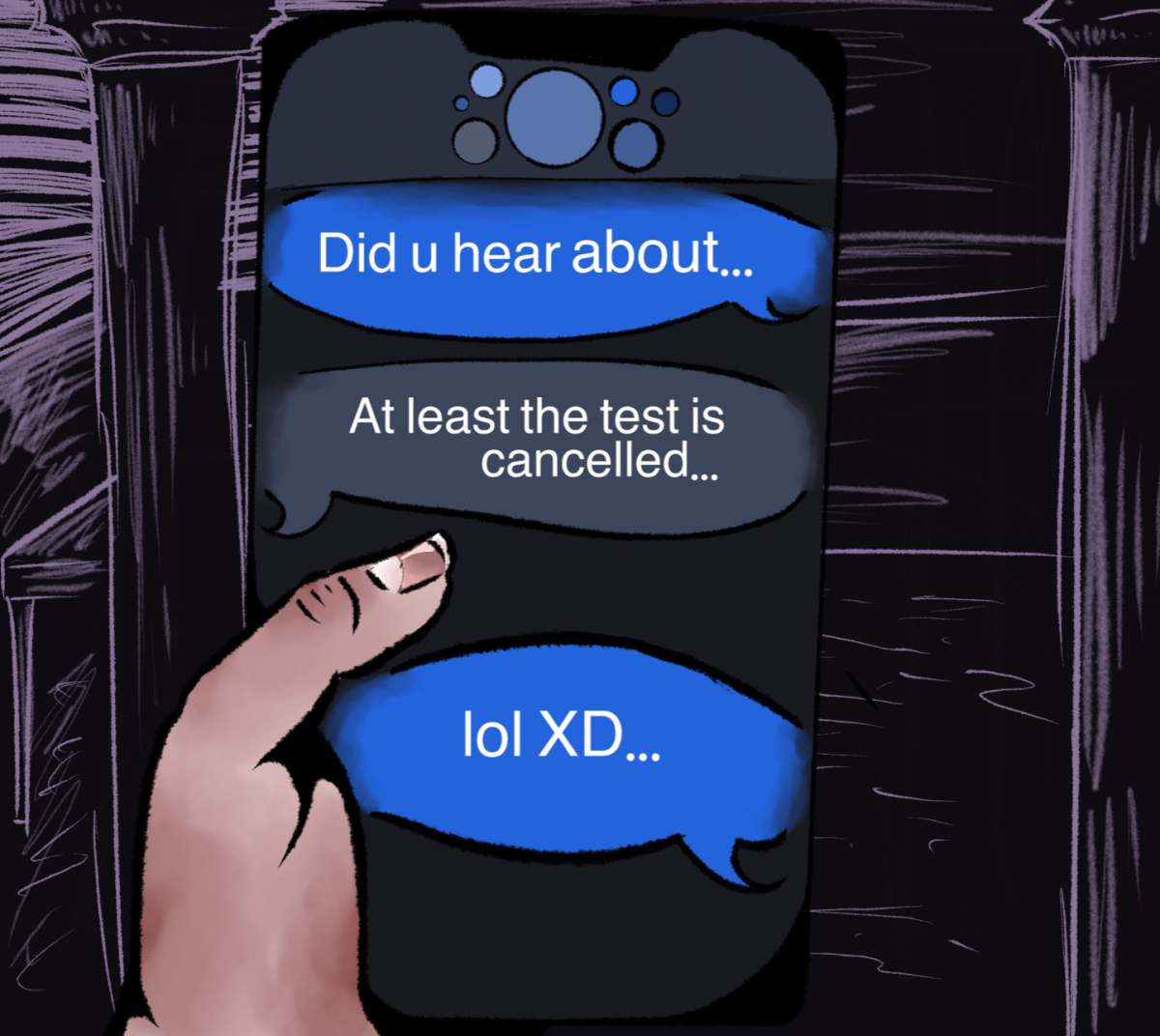


























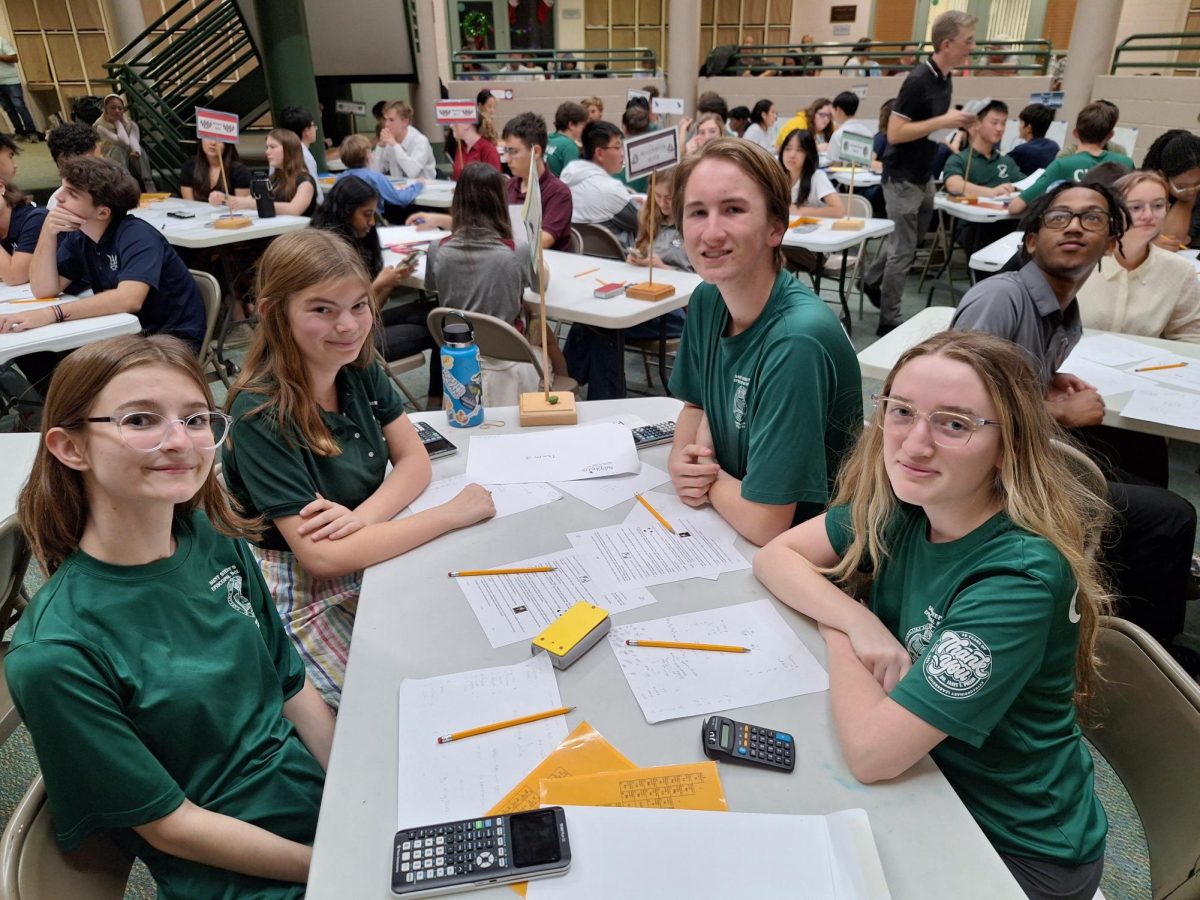

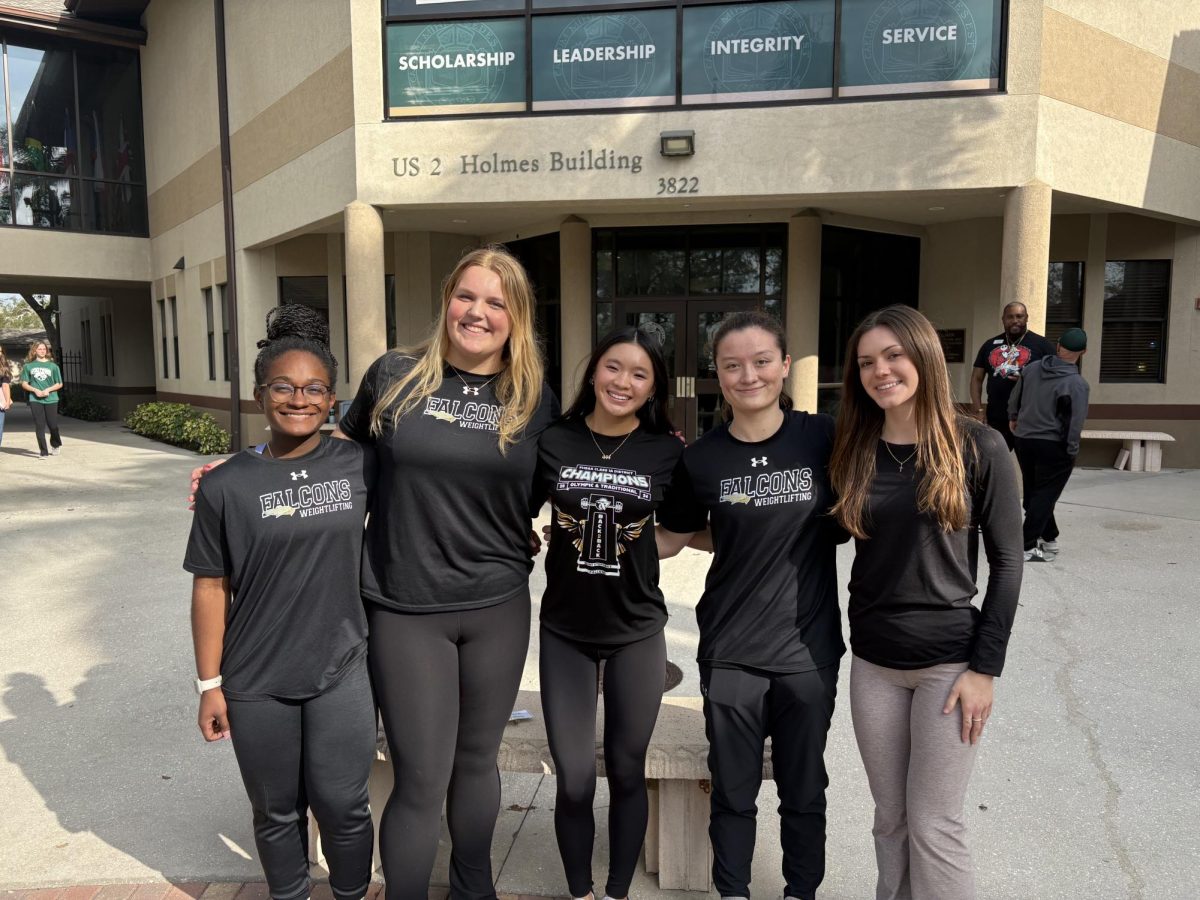
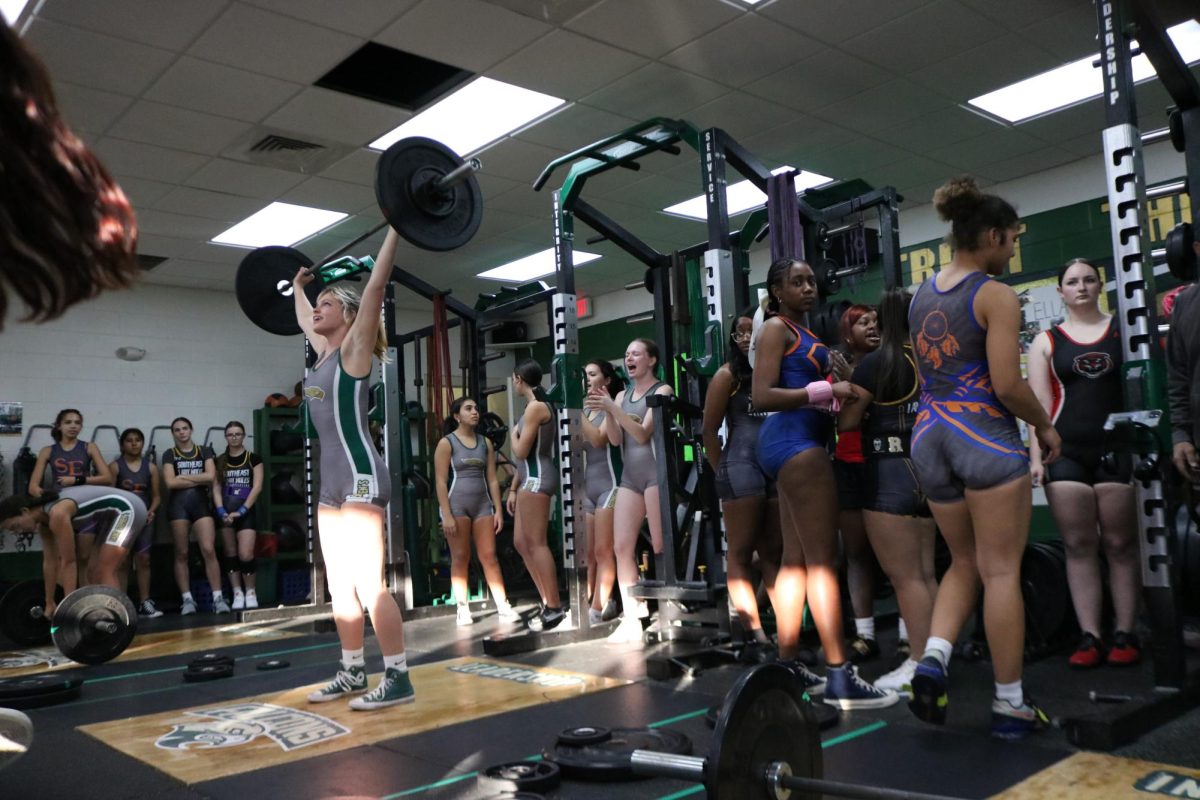
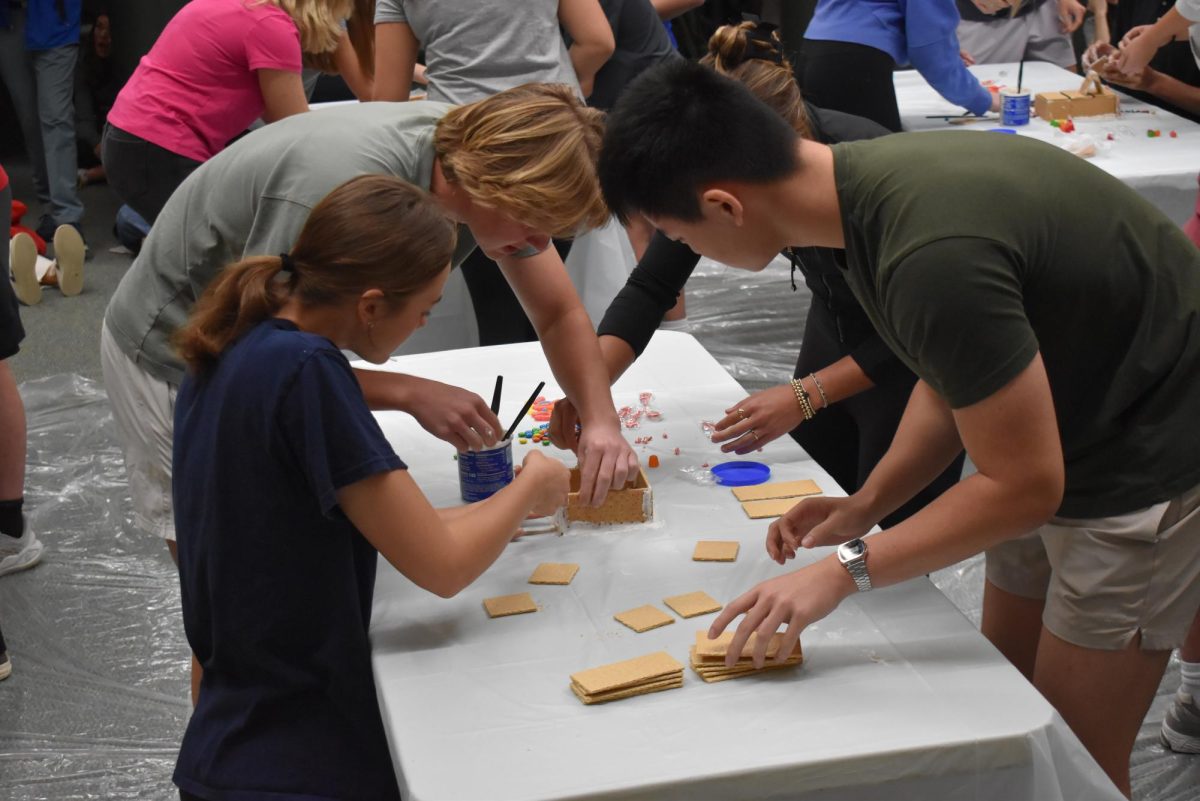


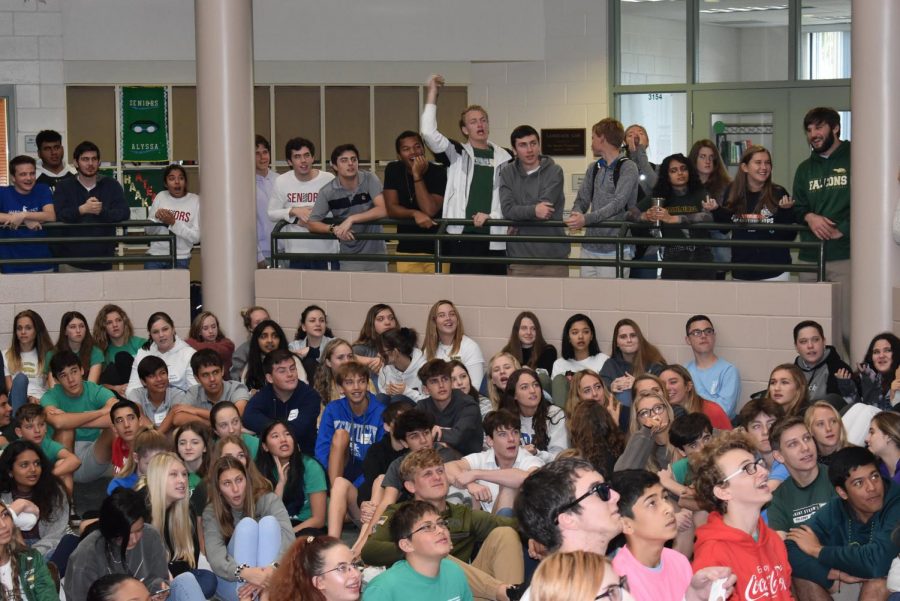
Ellen Irr • Apr 25, 2020 at 3:17 pm
Well written….definitely ON TARGET???. Mrs. Orr
Bonnie Acoveno • Apr 25, 2020 at 10:19 am
Great insightful article. Thank you.
Joel Erby • Apr 24, 2020 at 11:08 pm
Great Article… very well researched and felt.